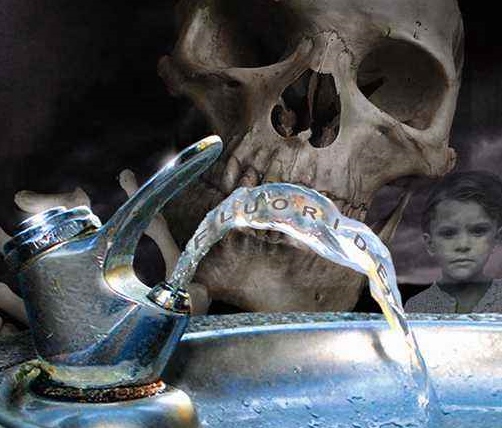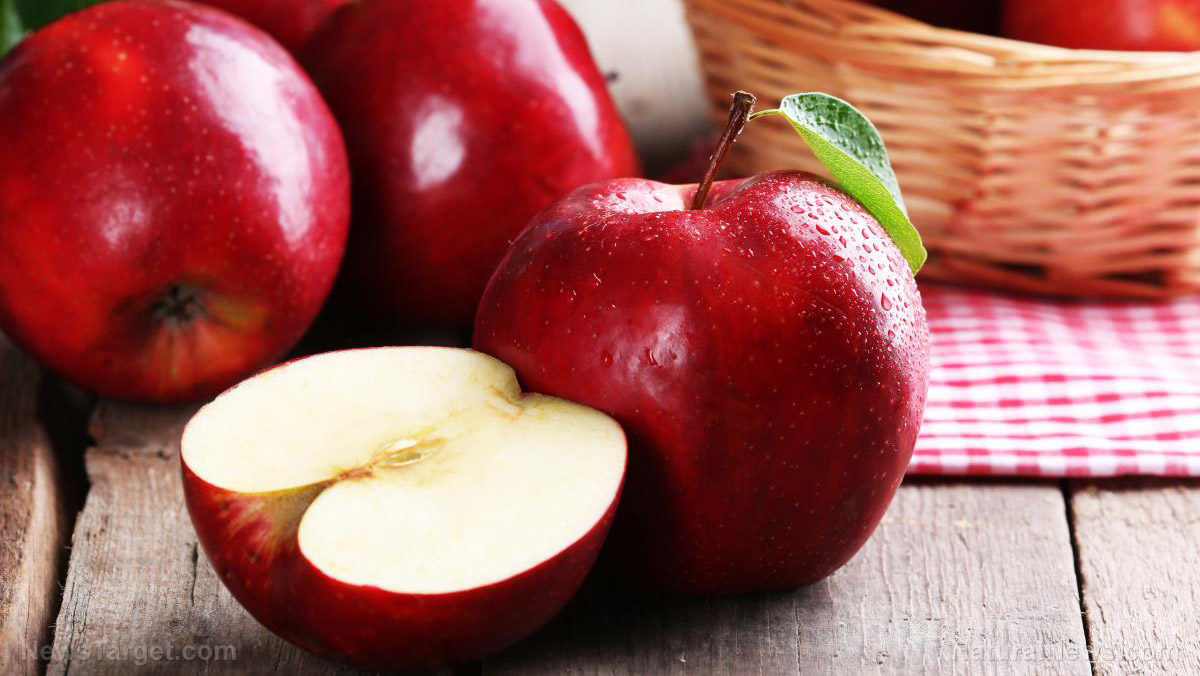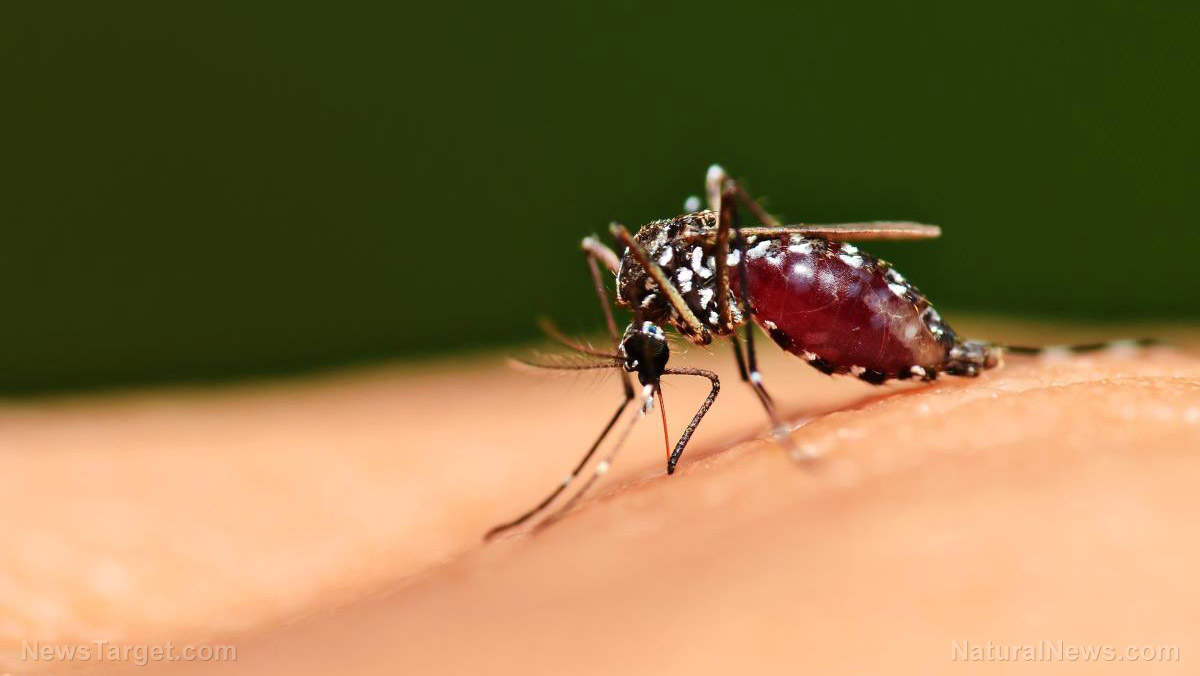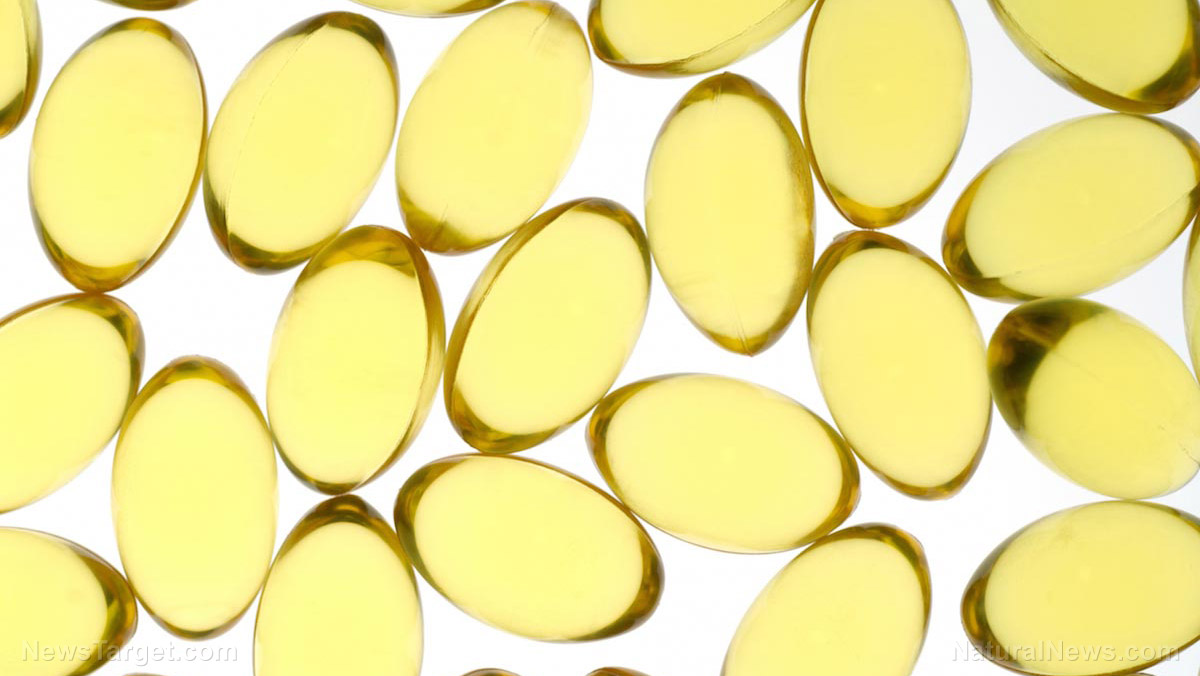Space cooties: Should astronauts be worried about fungi on space stations?
09/23/2019 / By Edsel Cook
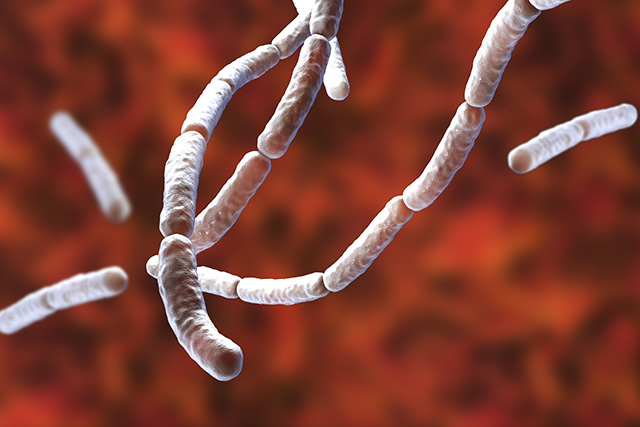
Bacteria and viruses are not the only tiny hitchhikers during outer space that might endanger the health of astronauts. Recently, Belgian researchers brought up concerns about microscopic fungi living aboard space stations and spacecraft, especially the upcoming missions to the moon and Mars.
Experts know very little about the potential pathogenic properties of these microorganisms. The study urged other researchers to investigate the possibility of fungal infections in astronauts with compromised immune systems.
A team from Ghent University evaluated the existing pool of knowledge about mycotoxins, the chemical compounds produced by fungi that might make humans sick. They tried to determine if any of these applied to the species and strains that make it aboard spacecraft.
The Earth supports countless numbers of microorganisms like bacteria and unicellular fungi. An individual human is a veritable biosphere of his own with lush microbiomes in the mouth, lungs, and gut that play considerable roles in overall well-being.
Understandably, microorganisms accompany human astronauts to space, including trips aboard spacecraft and lengthy stays in the International Space Station. (Related: Those fun ball pits your child likes to play in are probably a breeding ground for killer germs.)
No one knows the effects of mycotoxins on astronaut health
Many studies have covered the effects of pathogenic bacteria on astronaut health during space missions. Conversely, disease-causing fungal microorganisms drew very little interest.
Pathogenic fungi rarely affect healthy people. They mainly target individuals with already poor health due to stress or weakened immune systems, which don’t exactly apply to trained and fit astronauts.

|
Discover how to prevent and reverse heart disease (and other cardio related events) with this free ebook: Written by popular Natural News writer Vicki Batt, this book includes everything you need to know about preventing heart disease, reversing hypertension, and nurturing your cardiac health without medication. Learn More. |
However, experience and research have showed that the rigors of spaceflight placed considerable stress on the immune systems of astronauts. That drove the Ghent researchers to look into the ways pathogenic fungi might take advantage of astronauts’ compromised health.
The team went through earlier studies on disease-causing fungi. To their surprise, the scientific literature was limited to spotting various species of fungi.
“But about mycotoxins we found almost nothing,” shared Ghent researcher Sarah de Saeger, who served as the co-author of the study.
De Saeger explained that space agencies have discovered Aspergillus flavus, Alternaria species, and other pathogenic fungi aboard spacecraft. These microorganisms produce chemical compounds that cause cancer and weaken the human immune system — and they often release these mycotoxins during stressful periods.
No one knows if fungi find spaceflight to be stressful. There is also no information on the effects of the mycotoxins on astronauts.
Can disease-causing fungi grow and evolve in space?
The Ghent team concluded their study by urging space agencies to devote more effort into spotting and studying mycotoxins in spacecraft. They also called for new techniques to check the atmospheres and surfaces of crew cabins.
When astronauts find evidence of fungi in space, they load samples aboard returning spacecraft for study in Earth laboratories. However, crewed flights to distant targets like Mars will not have access to such convenience.
De Saeger added that the appearance of mycotoxins aboard spacecraft did not automatically jeopardize astronaut health. Although people on Earth often encounter the toxic fungal compounds, experts remain unsure on the roles of mycotoxins in various fungal diseases.
However, the lack of research on how fungi may grow and mutate in the crew cabin of a space mission is worrisome.
“I think the biggest message is that fungi and bacteria are an integral part of human bodies,” commented NASA Jet Propulsion Laboratory (JPL) researcher Adriana Blachowicz. “Wherever we go, fungi and bacteria will follow.”
Blachowicz didn’t participate in the Ghent study. But she has helped study fungi found aboard the ISS. She noted that bacteria become more infectious in space, and fungi might likewise increase in virulence.
Sources include:
Tagged Under: Aspergillus flavus, astronaut health, astronauts, Diseases, Fungi, infections, microbiome, mycotoxins, outer space, pathogenic fungi, pathogens, prevention, Space, space stations, space travel, spacecraft, weird science

